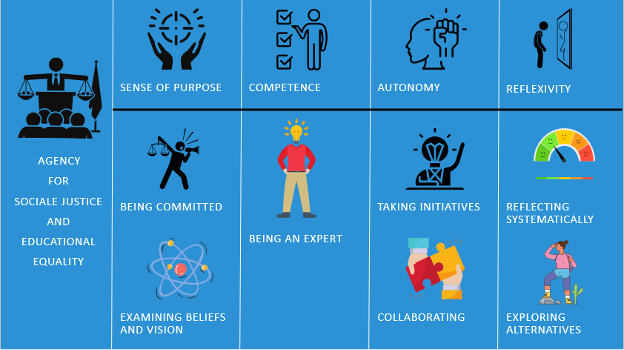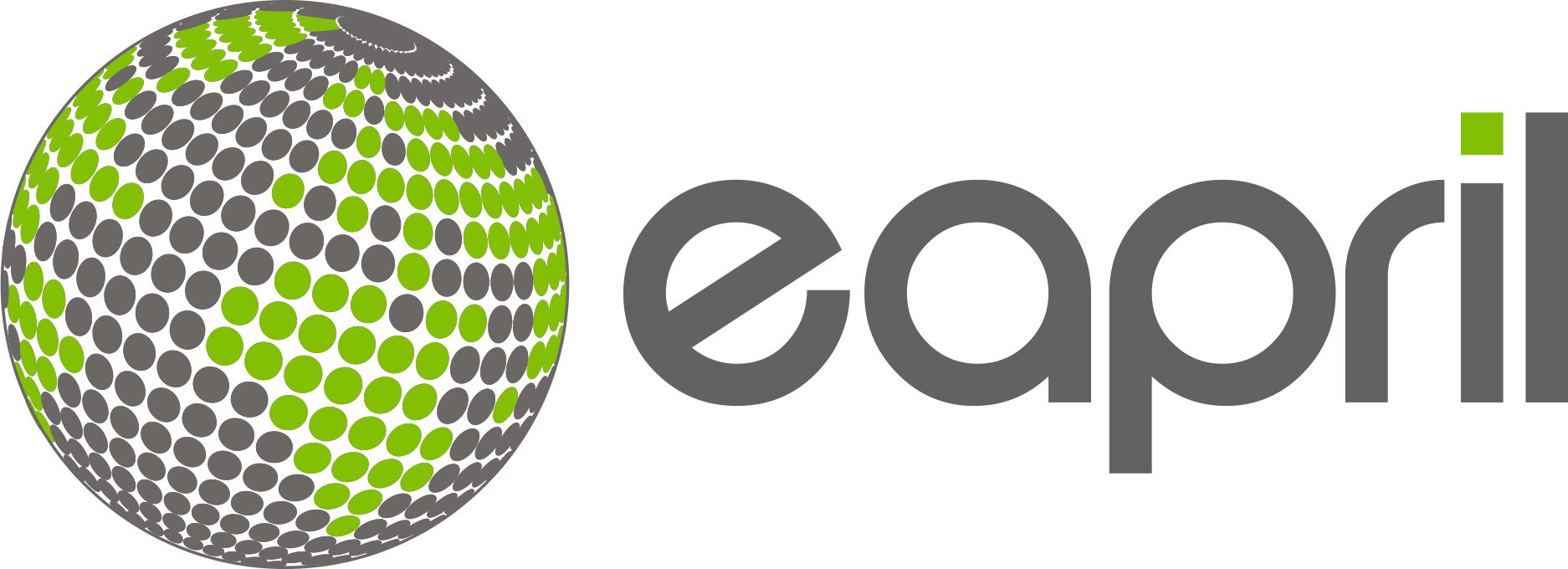"Empowering Teachers as Agents of Change for Educational Equality"
Schools are considered engines for social justice. However, severe gaps exist between privileged and disadvantaged groups regarding educational opportunities and outcomes worldwide. Bridging this gap calls for a transformation led by teachers, who play a pivotal role in dismantling structural inequalities and uplifting the academic performance of disadvantaged students. To address this challenge, we crafted a successful professionalization program to foster agency for social justice and educational equality among seasoned teachers.
This initiative seeks to instill a profound sense of agency. At its core, we believe a teacher's role as a change agent hinges on unwavering commitment—a recognition that improving educational equality is not just a duty but a moral imperative. It necessitates a clear vision and a comprehensive understanding of social justice, coupled with extensive expertise in its application. But there is even more needed (See Figure 1).

Figure 1: Manifestations of agency for social justice and educational equality
A change agent must also be an initiator and take proactive steps. Collaboration is critical to joining forces with colleagues in a collective pursuit of educational equality. Systematic reflection on educational equality in the classroom and at the school level is a cornerstone of this transformation process, together with the willingness to explore alternatives and innovate in the search for better educational practices.
We examined the participants' journey to become change agents for educational equality. Did our program support this journey? Yes, it did! Empowered by newfound knowledge and perspectives, the teachers exhibited their commitment to leveling the educational playing field. They expanded their expertise and boldly initiated collaborative efforts toward more equitable education. Crucially, they emerged with a heightened awareness of disparities, casting a discerning eye on their actions, school policies, and the broader educational system.
For example, we provided the participants with a self-scan for educational equality. The participants appreciated this because of the concrete aspects it described based on knowledge about improving educational equality:
"That scan was full of small concrete, practical matters you can directly trace back to how you are doing in class. Those matters are easy to discuss in a team and with colleagues because they quickly recognize them. We can do a lot with small adjustments in our teaching practice in the classroom and at the school level."
We are looking forward to sharing our valuable lessons learned.
Hope to welcome you at the EAPRIL conference in Belfast!
To learn more about the program and its potential for application in other teacher professionalization programs, please visit our websites:
